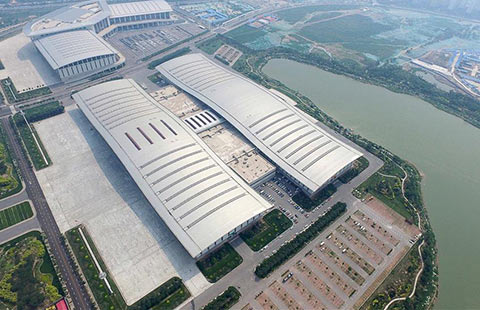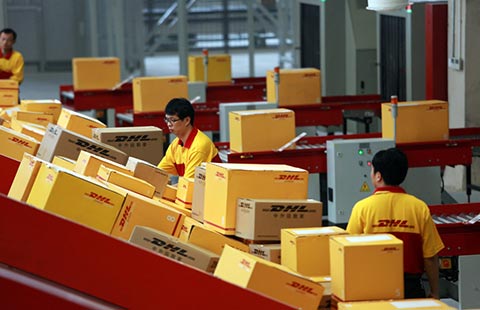It pays to know where you stand on R&D
By Bin Yang (China Daily) Updated: 2012-11-24 11:16Application of off-the-shelf software products in new and previously unproven ways.
However, due to the somewhat complex nature of the R&D rules and regulatory approval procedures, many companies fail to identify all eligible R&D activities and miss out on, potentially, very significant tax savings every year. Moreover, the failure of companies to accurately identify and record eligible R&D expenses may create additional obstacles.
In these situations it is possible that the tax authorities may challenge R&D incentive claims that have been lodged.
In the broader context, the relative cost of performing R&D in one country versus another, net of available R&D incentives, is critical when evaluating where and under what circumstances R&D activities should take place.
Similarly, in planning how intellectual property will be created, it is critical to consider tax consequences, the arrangements under which intellectual property is created, where it will be used, how it will be paid and where it will be owned.
Entities undertaking R&D in the region should be aware that tax authorities are also focusing on transfer pricing issues arising from the development, ownership and compensation for use of intellectual property. Transfer pricing provisions in Asian countries are complex. They apply to the economic, legal and tax aspects of transfers of technology, and products or services based on technology, to related entities. These provisions may encourage companies to locate some of their research and development activities in one country rather than another. Indeed, in Australia, China, India and Japan there has recently been an increase in transfer pricing audits by regulators.
Given the scope of activities potentially eligible for the various research and development incentives, companies conducting or planning R&D activities in China should ensure they are well versed in the rules for each incentive program, and also understand the broader business and tax implications of the R&D investment.
The author is director and leader of China R&D Tax Practice, KPMG China. The views do not necessarily reflect those of China Daily.
- Chinese markets hold up well
- Brexit hits firms with heavy exposure to UK
- UK result adds to fragility of growth
- Big expectations for Davos Forum
- Midea to acquire 80% stake in Italy's Clivet
- Lenovo to fund HK start-ups
- China has $5.6 trillion productivity opportunity by 2030: McKinsey
- Russian petrochemical firm hails cooperation with China


















